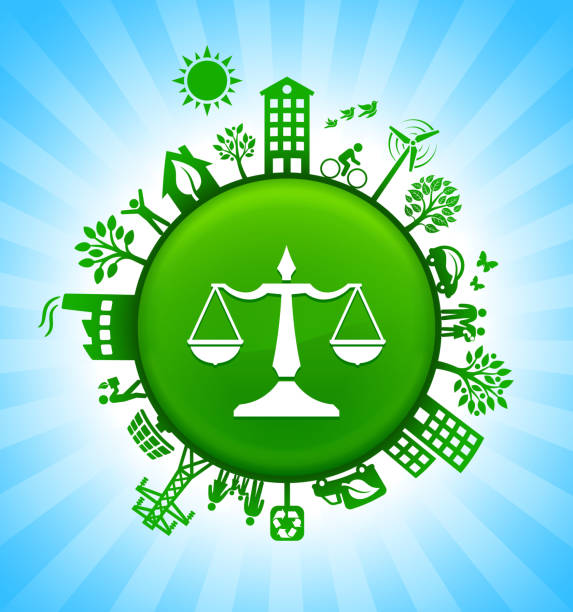Navigating Legal Frameworks: A Comprehensive Guide
2 min read

Legal frameworks form the structural basis of any legal system, providing the guidelines and principles that govern societies. This article aims to explore the intricacies of legal frameworks, shedding light on their significance, components, and the role they play in shaping the rule of law.
At the core of a legal framework are its components—laws, regulations, and constitutional principles. These elements collectively establish the rules by which individuals, businesses, and governments must abide. Understanding how these components interact is fundamental to comprehending the legal landscape.
Constitutions serve as the foundational document of a legal framework, outlining the structure of government, delineating powers, and enshrining fundamental rights. Analyzing constitutional principles provides insights into the values and priorities of a society as reflected in its legal foundation.
Legislation is the product of a society’s evolving needs and values. Examining the legislative process allows us to understand how laws are crafted, amended, and repealed to address the challenges of a dynamic and ever-changing social landscape.
Beyond statutes, legal frameworks incorporate regulatory mechanisms that guide specific industries and sectors. These regulations ensure compliance with legal standards, foster fair competition, and address potential risks. Delving into regulatory frameworks provides a deeper understanding of governance and oversight.
Legal frameworks come to life in the process of adjudication. Courts interpret and apply the law to resolve disputes, setting precedents that influence future cases. Understanding the role of adjudication illuminates how legal frameworks operate in real-world scenarios.
In an interconnected world, legal frameworks extend beyond national borders. International law and treaties shape the relationships between countries, influencing legal systems on a global scale. Exploring the international dimensions provides insight into the complexities of a global legal framework.
A robust legal framework is one that can adapt to societal shifts and emerging challenges. Flexibility allows for the evolution of laws to meet the needs of the present while maintaining a foundation that upholds justice and fairness.
Despite their critical role, legal frameworks may face challenges, including disparities in implementation and access to justice. Recognizing and addressing these challenges is essential for maintaining the integrity of legal systems and ensuring equal protection under the law.
Legal frameworks, like any system, benefit from continuous evaluation and improvement. Regular assessments of their effectiveness, coupled with reforms when necessary, contribute to the resilience and relevance of legal frameworks in a rapidly changing world.
In conclusion, navigating the complexities of legal frameworks is essential for anyone seeking to understand the foundations of justice and governance. For further exploration and resources on legal frameworks, visit Legal Framework.






